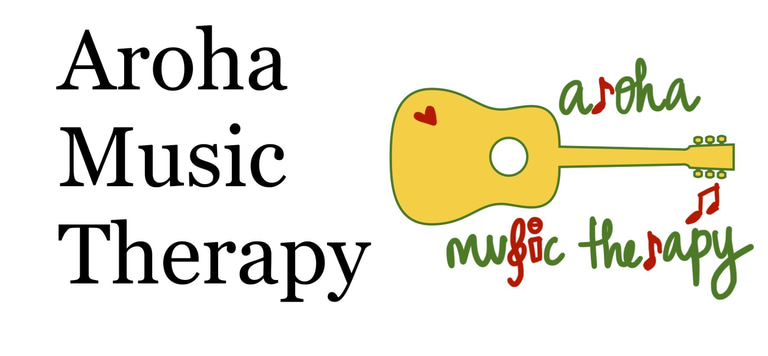What Really is Music Therapy?
In this blog post, I explain what music therapy is and the instagram series that I've recently introduced.
Ananya Muralidharan
1/17/20252 min read
What really is music therapy? It's the most commonly asked question that music therapists hear from families, fellow healthcare workers, and other professionals.
Music therapy is the evidence-based use of musical interventions to address non-musical, functional goals. Music therapists address needs in various domain areas, including motor, emotional, sensory, cognitive, and spiritual areas. To become a music therapist, we need to fulfill all of these requirements:
Complete a minimum of 2 years of (music therapy-specific) college, there are various ways to go about this!
Earning a bachelor's degree in music therapy
Obtaining a bachelor's degree in a related field and a master's degree in music therapy.
Music therapy is an entry-level field, individuals can also earn master's and doctorate degrees in music therapy.
Complete 1,200 hrs of clinical training
This includes a required 6-month internship and practica experiences.
Pass a certification exam
After completing the internship, we must take a three-hour exam through the Certification Board for Music Therapists (CBMT).
Passing this exam is necessary to receive the MT-BC (Music Therapist-Board Certified) credential.
MT-BC (Music Therapist-Board Certified) license
Some states, like Georgia, have state specific licenses (in this case, LPMT) that MT-BCs need to acquire before being able to practice here.
Engaging in continuing education
To maintain certification, music therapists are required to complete Continuing Music Therapy Education (CMTE) credits. This ensures we stay up-to-date with research and continuously improve our skills as practitioners.
Becoming an MT-BC requires dedication, but that’s just the beginning of the journey! Since music therapy is still a relatively new field in healthcare, we are often asked what we actually do. While this can be both exhausting and invigorating, it’s an opportunity to educate others about the impact of music therapy. Music therapists can address a wide range of needs. Here are just a few examples:
managing pain
managing stress
improving communication skills
improving social skills
improving sensory regulation
improving motor coordination
managing symptoms of various diagnoses, such as PTSD, ASD, ADHD, Depression, Anxiety, Alzheimer's, and more
promoting overall wellness, etc.
As you can see, music therapists have the ability to help people in many ways! To provide general education about music therapy is (and isn't), I created a series on the Instagram account, "What Really is Music Therapy?." On this series, I invite followers to vote on statements they think are true to help debunk common misconceptions and to advocate for music therapy. Click on the images below to check out the posts on our Instagram and learn more!
